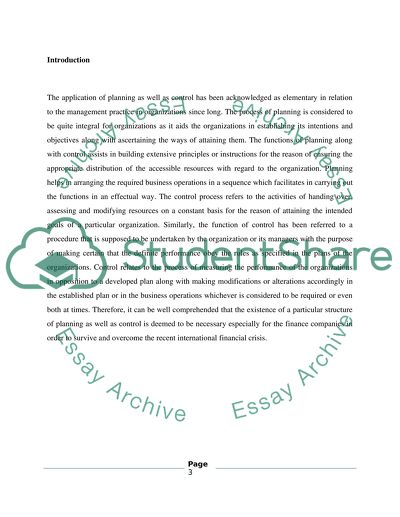Cite this document
(“Islamic Financial System as an Effective Planning & Control Framework Admission/Application Essay”, n.d.)
Islamic Financial System as an Effective Planning & Control Framework Admission/Application Essay. Retrieved from https://studentshare.org/finance-accounting/1399254-planning-and-control-framework
Islamic Financial System as an Effective Planning & Control Framework Admission/Application Essay. Retrieved from https://studentshare.org/finance-accounting/1399254-planning-and-control-framework
(Islamic Financial System As an Effective Planning & Control Framework Admission/Application Essay)
Islamic Financial System As an Effective Planning & Control Framework Admission/Application Essay. https://studentshare.org/finance-accounting/1399254-planning-and-control-framework.
Islamic Financial System As an Effective Planning & Control Framework Admission/Application Essay. https://studentshare.org/finance-accounting/1399254-planning-and-control-framework.
“Islamic Financial System As an Effective Planning & Control Framework Admission/Application Essay”, n.d. https://studentshare.org/finance-accounting/1399254-planning-and-control-framework.


